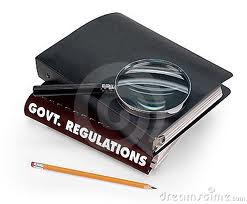Breaking Down The Barriers: Three Ways State and Local Governments Can Improve the Lives of the Poor
< < Go Back
Policymakers should be looking more at existing government regulation and taxation and how they make upward mobility more difficult by erecting barriers between the poor and economic success, writes Steven Horowitz of the Mercatus Center. Many of these regulations and taxes are products of the private interests who stand to benefit from government encroachment into business.
– Occupational Licensing laws disproportionately burden the poor by requiring them to spend significant resources just to enter a market, requiring prospective professionals to pass tests and spend money on classes and fees.
– Zoning laws are intended to limit certain types of business activities that interfere with residential living. However, zoning laws are often used to reduce competition from rivals who are able to provide services at a lower cost.
– Government policies can also raise the cost of living in ways that disproportionately affect lower income households. Regulations that raise prices by imposing taxes on the sale of certain products are one type of policy that can have such regressive effects.
For instance, sin taxes are often imposed on alcohol and tobacco, but recent proposals to tax sugary drinks or fatty foods would also fall under this category. The intent of these taxes is to discourage people from consuming, but economic evidence suggests that these taxes do not have much of an effect on behavior.
The poor tend to spend more of their disposable income on these 3 goods than the rich, thus sin taxes have a disproportionate effect on the spending power of poor households. By eliminating burdensome business regulations such as occupational licensing and zoning restrictions and by refraining from imposing sin taxes, policymakers can let the poor help themselves move up and out of poverty.
More From NCPA:




